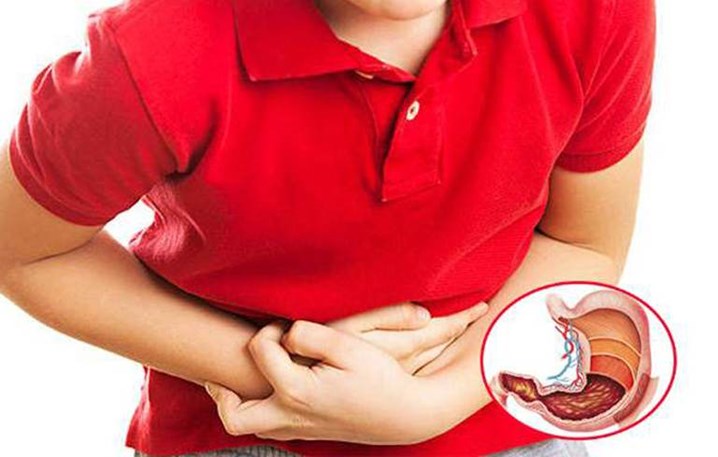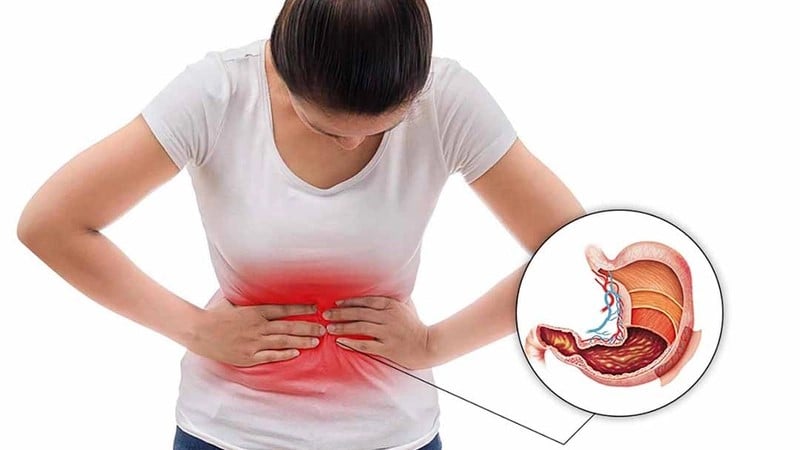Upper Abdominal Pain or Discomfort
A persistent dull ache or burning sensation in the upper abdomen, especially around the navel or below the sternum. This may be accompanied by bodily pain that can come and go, sometimes mistaken for common digestive issues such as gastritis or acid reflux.
Heartburn or Acid Reflux
Prolonged heartburn, a burning sensation in the chest or throat, especially after eating. This symptom is often overlooked as it can be easily mistaken for gastroesophageal reflux disease (GERD).
Feeling Full or Bloated
Experiencing a sense of fullness quickly, even after consuming a small amount of food. If you’ve been feeling persistently bloated and full lately, especially after meals, it could be a cause for concern.

Nausea and Vomiting
Unexplained nausea, sometimes accompanied by vomiting, especially after eating. If you experience vomiting with blood or if the vomit resembles coffee grounds, seek immediate medical attention as this could be a serious sign.
Unexplained Weight Loss
Sudden weight loss without dieting or changes in your diet or exercise routine. This may be accompanied by fatigue, a sense of weakness, or a lack of energy.
Loss of Appetite or Changed Taste
Loss of appetite and enjoyment of food, especially for dishes previously enjoyed. A bitter taste in the mouth or discomfort when consuming certain foods.
Anemia or Digestive Bleeding
Sudden pallor and fatigue due to anemia, often resulting from mild but prolonged digestive bleeding. Additionally, observe for blood in stools or dark, tarry stools, which indicate a serious condition requiring immediate medical attention.

Other Symptoms
Difficulty swallowing or a sensation of food being stuck in the throat. The presence of a lump in the abdomen, usually indicative of a more advanced stage but can sometimes appear early.
Important Note
These symptoms can be indicative of various medical conditions, not just stomach cancer. However, if they persist for more than 2-3 weeks or worsen, seek medical attention promptly. Individuals with risk factors such as HP infection, a family history of stomach cancer, smoking, excessive alcohol consumption, or a high-salt and processed food diet should undergo regular screenings.
Conclusion
Early detection of stomach cancer through recognizing warning signs and regular screenings is crucial to improving treatment outcomes. If you suspect any of these symptoms, don’t hesitate to visit a medical facility for an endoscopy and timely evaluation.
The information provided here is for reference only. Always consult a medical professional for an accurate diagnosis and treatment plan.
































